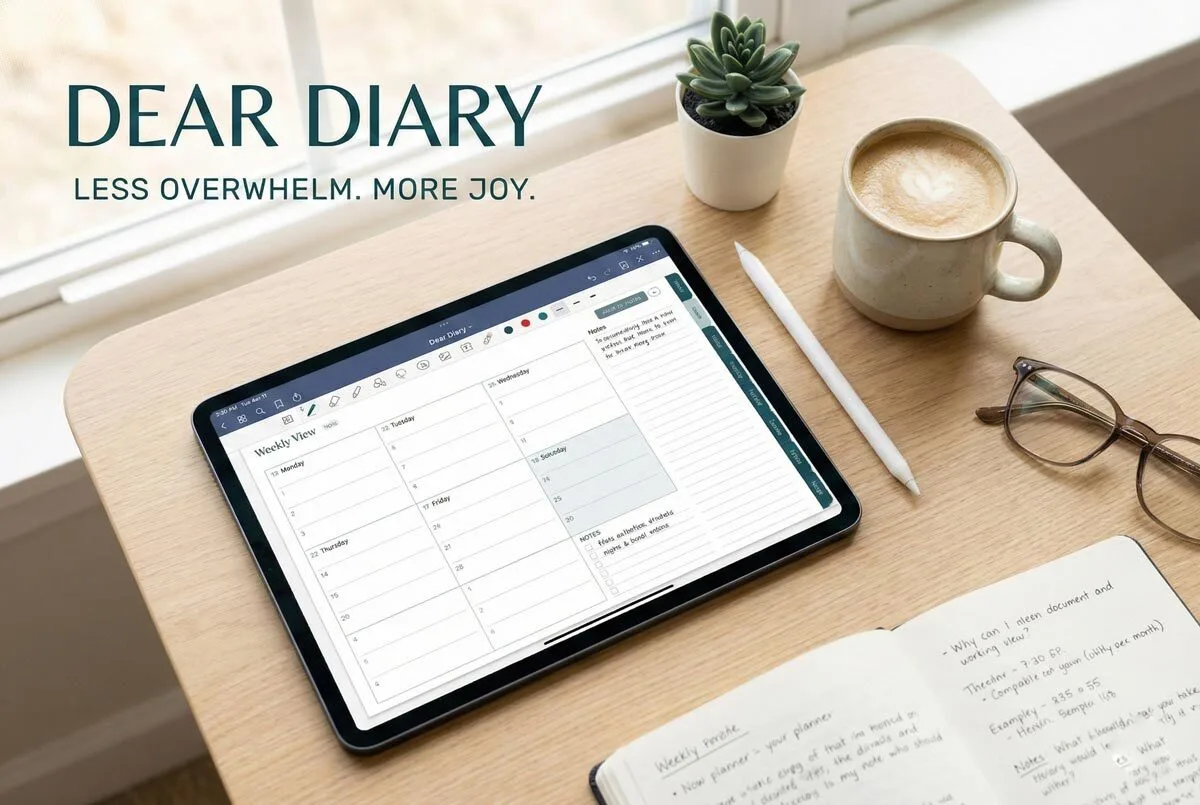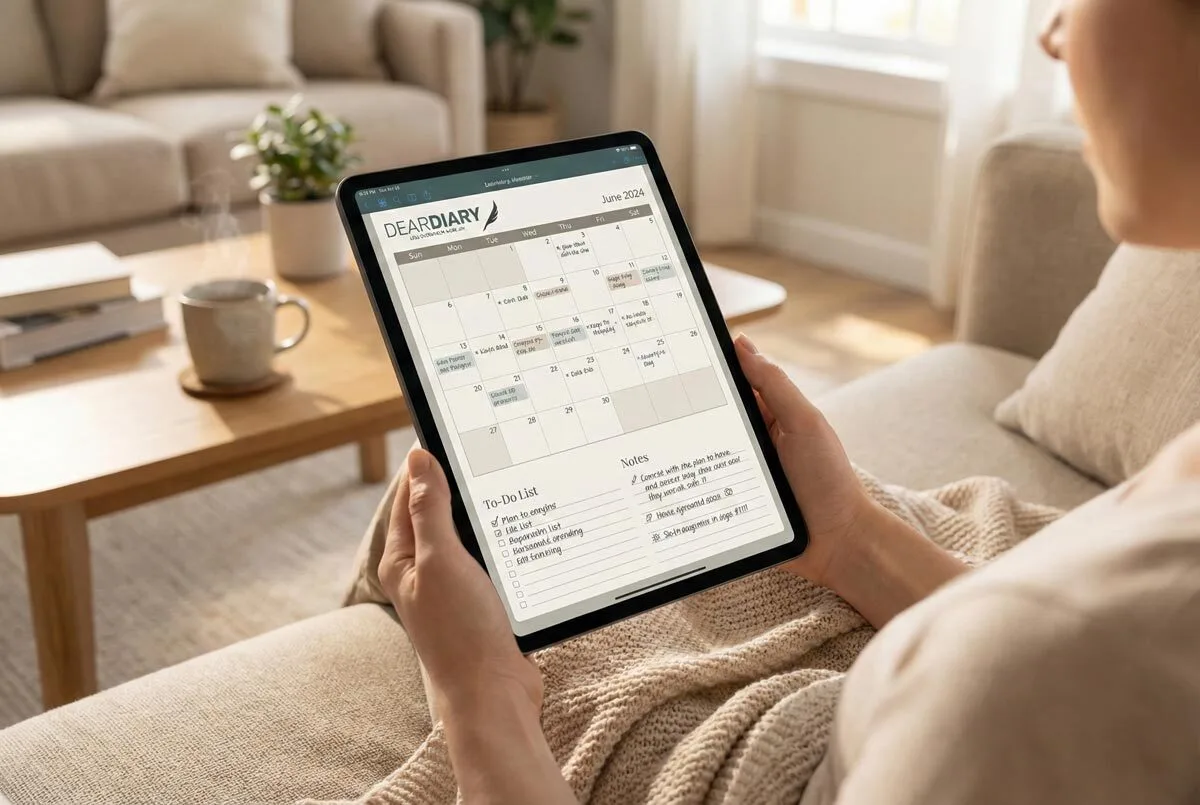Start by honestly evaluating your readiness for change and exploring what derailed past changes. Create thorough checklists covering financial shifts, emergency funds, and legal documentation updates. Establish daily routines immediately—they’ll become your anchor when everything feels chaotic. Build your support network now, not after you’re drowning in stress. Schedule preventative healthcare appointments and develop stress management strategies before you need them. There’s much more to reveal about changing overwhelming transitions into manageable milestones.
While most people approach major life changes with either blind optimism or paralysing fear, the smartest strategy lies somewhere in between—armed with a solid plan and realistic expectations.
Your first step involves honest self-assessment. Ask yourself whether you truly want this change beyond just the end results.
Before diving into any major life change, pause and examine whether you genuinely want the journey, not just the destination.
Moving across the country sounds exciting until you’re packing your fourth box of random cables you’ll never use. Using the transtheoretical model, identify whether you’re genuinely in the action phase or still contemplating. If past attempts at major changes failed, dig into the root causes rather than repeating the same mistakes.
Stress management becomes vital because life changes pile up fast. The Holmes-Rahe scale assigns point values to stressful events—moving, having a baby, changing jobs all accumulate rapidly.
When your stress levels exceed recommended thresholds, seek professional support. This isn’t weakness; it’s smart planning. Establish routines early, prioritise sleep schedules, and build in pre-planned downtime before chaos hits.
Focus on habit formation rather than massive overhauls. Break everything into actionable daily steps. Instead of “get organised for the baby,” commit to 15 minutes daily of nursery preparation.
Reduce decision fatigue by planning meals, workouts, and budgets in advance. Stock your freezer with healthy options because future-you won’t have energy for elaborate meal prep. Use apps or tracking journals to monitor progress and spot barriers before they throw you off course. Consider implementing habit trackers and exercise planners to maintain wellness-focused living during your transition period.
Financial preparedness requires more than hoping everything works out. Create a comprehensive checklist covering shifting expenses, emergency funds, and updated insurance needs. Moving logistics, baby gear, and potential income changes require careful planning.
Review beneficiary designations and consider consulting a financial adviser who specialises in life transitions, not just investments. Many financial advisers take a reactive approach rather than helping you prepare before major changes actually occur. Don’t overlook legal documentation. Update advance directives, draft or revise wills, and establish power of attorney documents. Use a monthly budget planner to track expenses during your transition period and maintain financial control when everything else feels chaotic.
New parents especially need guardianship plans and updated estate documents. Organise emergency contacts and medical records for easy access during stressful moments.
Remember that others around you experience this stress too. Your partner, family, and friends all feel the ripple effects. Communicate openly about needs and expectations rather than assuming everyone’s on the same page.
Strengthen support systems through therapy groups or peer networks. Role adjustments are inevitable—becoming parents changes friendships, and moving alters established social circles.
Finally, prioritise your health before everything gets hectic. Schedule preventive care appointments, build mental health toolkits including breathing techniques and stress management strategies. Sleep becomes your secret weapon, so protect it fiercely. A comprehensive digital planner can help you establish daily gratitude practices and structured reflection spaces that maintain emotional stability during turbulent transition periods. Build these healthy habits into your routine gradually using small achievable goals rather than attempting dramatic overnight transformations during an already stressful period. Cultivate genuine belief in change because scientific evidence shows that people who truly believe they can handle major transitions are more likely to succeed in navigating them successfully. Use goal-setting pages to define specific objectives for your transition and track your progress through each phase of the change. Consider implementing yearly planning strategies that include year-at-a-glance overviews and birthday trackers to maintain perspective during overwhelming transition periods.
The key isn’t eliminating stress from major life changes—that’s impossible. Instead, you’re building systems that function even when you’re operating at 60% capacity. Because let’s face it, that’s exactly where you’ll be when real life hits.
Frequently Asked Questions
How Far in Advance Should I Start Planning for a Major Life Change?
You should start planning 12-18 months ahead for financial preparation, 6-12 months for emotional readiness, 3-6 months for habit changes, and 4-6 weeks for logistical arrangements to guarantee smooth transitions.
What if My Life Change Doesn’t Go According to My Original Plan?
You’ll need flexibility when plans inevitably shift. Build pivoting points into your timeline, create backup options, and schedule weekly check-ins to adjust. Accept incremental progress over perfectionism—adaptation beats rigid execution.
How Do I Involve My Family Members in the Planning Process Effectively?
Start by holding a family meeting where you’ll assign specific roles based on each person’s strengths. Create shared planning documents, schedule regular check-ins, and make certain everyone’s voice gets heard throughout the process.
Should I Hire Professional Help or Handle the Planning Myself?
You’ll save money handling basic planning yourself, but hire professionals for legal requirements like property contracts or complex financial planning. Consider your timeline, budget, and stress tolerance when deciding.
How Do I Maintain My Daily Routine Whilst Preparing for Big Changes?
You’ll preserve core routines by anchoring new tasks to existing habits, scheduling flexibility buffers for unexpected demands, and focussing only on essentials whilst temporarily scaling back non-critical activities during preparation periods.






